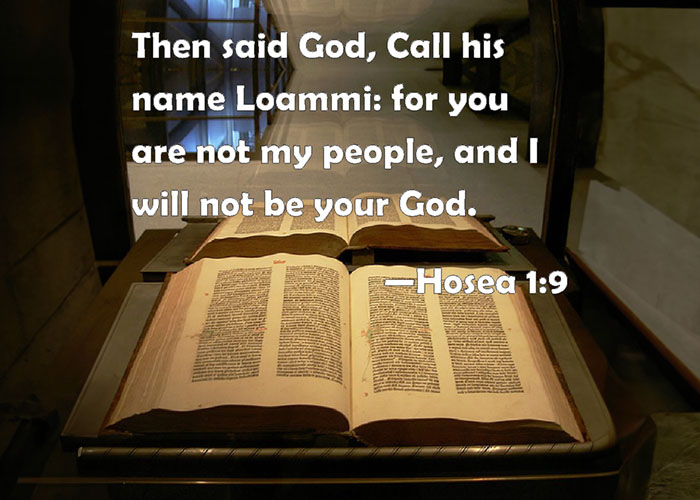Precious complete--
A new dispensation was given to Paul, but it does not mean everything Paul spoke or taught was new.
He uses the word “kingdom” throughout his epistles both during Acts and in his post-Acts epistles
(to the dismay of the Acts 28ers). He mentions the word “kingdom” in his epistles more often than Peter, James, and John do in their epistles combined (13 vs 11, excluding Acts).So, what? Does this mean Paul taught the same message as Peter, James, and John? No, of course not.
Why did Paul talk about the kingdom? There are many reasons. Here are the most significant.
1. Everyone in the church, the body of Christ, is translated into the kingdom
No, this does not mean the church is spiritual Israel, nor does it mean the body of Christ will reign in Israel’s kingdom. It does mean that we in the church are under the authority of God.
Paul mentioned the kingdom of God, because he was a servant of God and under his authority.
“Who hath delivered us from the power of darkness, and hath translated us into the kingdom of his dear Son:” – Col 1:13
If you have been redeemed by the blood of Christ, and partake of the grace of God in this dispensation, you are no longer under the power of darkness, but have been moved into a position in heavenly places (Eph 2:6-7).
We are still present in this dark evil world, but our position is no longer here. We are under the headship of Christ in a heavenly dominion.
2. The kingdom of God includes both heaven and earth
The mystery of God’s will revealed to Paul how all things would be gathered together in one in Christ (Eph 1:10). This was a mystery before Paul, but describes how God will reign in the fullness of times. God had revealed his purpose for the earth, but had never spoken about the things or positions in heavenly places belonging to the church.
Part of the mystery of Christ is talking about the invisible dominion in heaven (Col 1:16).
3. The kingdom of God includes both Israel and the Church
No, I do not mean the kingdom of God on earth, which belongs to Israel and the earthly nations. I am talking about the kingdom of God universal. God’s dominion is not limited to the jurisdiction of the earth, but includes the rest of the universe, what the Bible calls the heaven.
The mystery of Christ introduces the creation of a new creature whose conversation is in heaven (Phil 3:20). This is a part of the kingdom of God that was not made known before Paul. Prophecy spoke of the kingdom of God as it will be on the earth, Christ ruling through Israel; the revelation of the mystery speaks of the kingdom of God as it will be in heavenly places, Christ ruling over the church.
4. The kingdom of God is not yet on the earth
When Paul mentions the kingdom, it is always in the future tense. This means the idea of a present kingdom of God come on earth is false. The kingdom of God is waiting for God to establish it in heaven and earth.
The gospel of the kingdom is the proclamation that the kingdom of God is at hand, or is here. Paul did not teach this gospel, knowing that the revelation of the mystery delays the coming of this kingdom to the future. He taught the reign of grace and the gospel of the grace of God. The gospel of the kingdom, and preaching the postponement of the kingdom is different.
Paul explained this delay causing interruption in the gospel of the kingdom. Peter acknowledges Paul’s explanation of the postponement of the kingdom, and that Christ is no longer sending the twelve to preach the gospel of the kingdom (2 Pet 3:15).
At the moment still using BBS and Grace Ambassadors side by side-going S-L-O-W-L-Y through the teachings, with my Bible and the Holy Spirit since there is a LOT to ingest.
And then there are the "anti"-Dispentationalists-radically opposed to this.
Shalom.
Johann.


